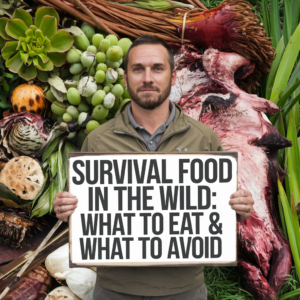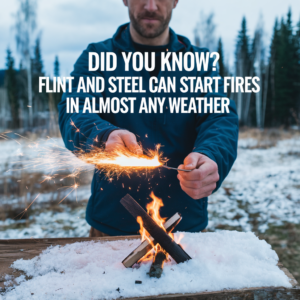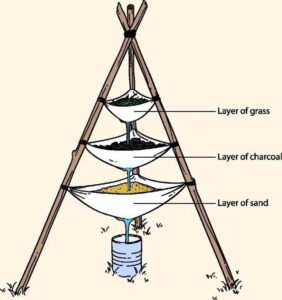
Why I Read Survival Books Before Ever Sleeping Outdoors
Before I ever lit a fire with a ferro rod or slept under a tarp in the woods, I was buried in books. And not just any books—I’m talking about legit books on how to survive in the wilderness that showed me what gear I needed, what mistakes to avoid, and how not to die doing something dumb like drinking from a stream without filtering it.
I didn’t grow up hunting or hiking. I learned survival the same way a lot of people do these days—by reading and practicing. These books gave me the confidence to build a fire from scratch, make shelter with just cordage and a tarp, and think through real emergency situations.
And the best part? I could learn all that while sitting on my couch before ever touching a bug-out bag.
If you’re just getting into prepping, bushcraft, or outdoor survival, let me say this: these books aren’t just paper—they’re practice. They’re what gave me a starting point before any of my gear did.
For a good gear companion once you’ve read up, check out this ultimate survival kit guide. But first—build your brain.
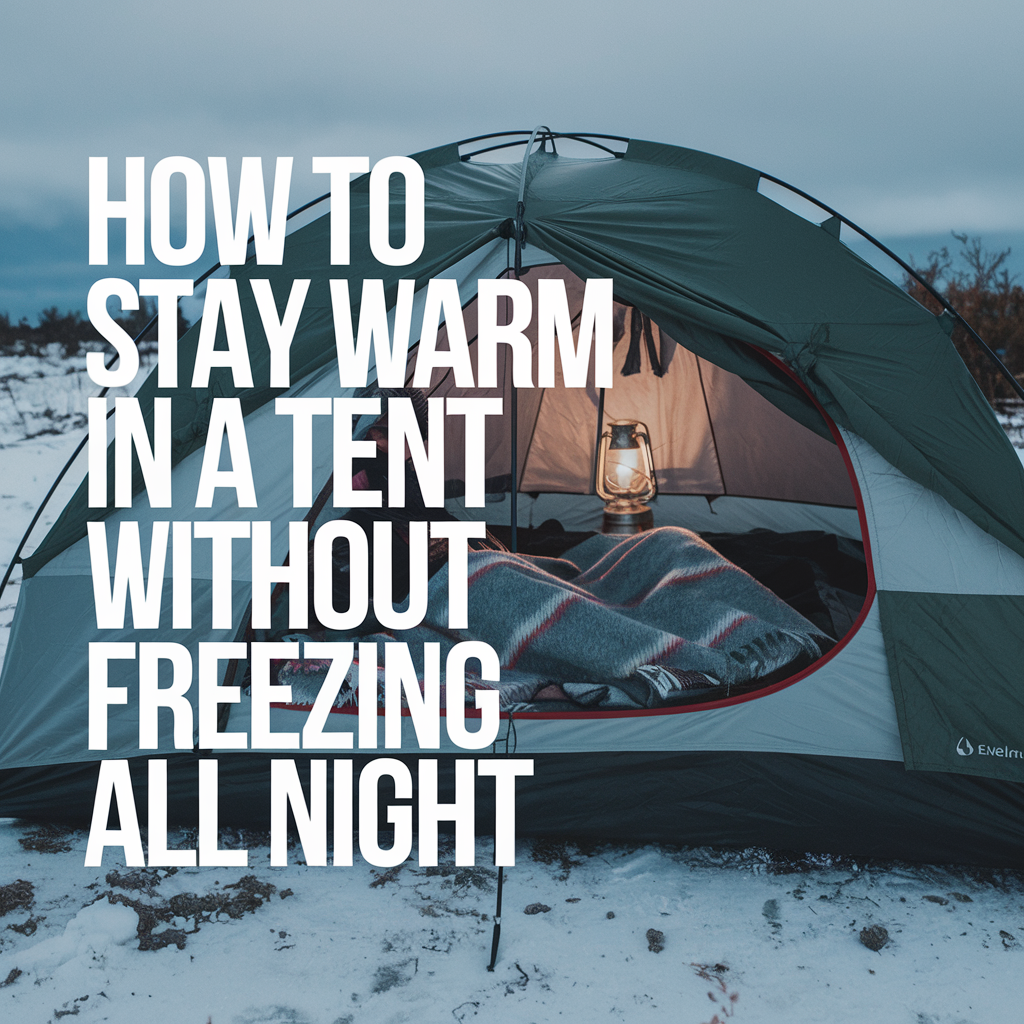
What Makes a Good Wilderness Survival Book?
There are a ton of survival books out there—but let’s be real, not all of them are helpful. Some are just stories. Some are so full of jargon they’ll make your eyes glaze over. Others just rehash obvious tips with no real insight.
Here’s what I look for in the best wilderness survival books:
1. Clear, step-by-step instructions
I want to know how to build a shelter—not just “build a shelter.” A good book will walk you through it like you’re out there doing it for the first time (because you probably are).
2. Real scenarios
Whether it’s a blizzard, injury, or getting lost, the best books explain what to do when real stuff hits the fan.
3. Skills over stuff
A good wilderness survival book teaches you how to use a stick and tarp—not how to spend $500 on gadgets.
4. Practical layouts and illustrations
Drawings, diagrams, and clearly labeled gear pages are a huge plus. When I’m trying to learn knot-tying or fire-starting, a good visual makes a big difference.
5. You can actually use what you learn
If you read a chapter, step outside, and try it within 10 minutes—that’s a good survival book.
Stick around—I’m about to share the books that checked all those boxes for me, starting with the one that got me hooked on bushcraft.

Bushcraft 101: A Back-to-Basics Wilderness Survival Manual
This is the first book that made me feel like I could actually survive in the wild without a truckload of gear. Bushcraft 101 doesn’t overwhelm you with military tactics or unrealistic scenarios. It’s straight-up, no-fluff guidance on how to use the woods to your advantage.
If you’re brand new to bushcraft or want to sharpen your primitive skills, this is where I’d start.
Here’s what I loved about it:
- It teaches you how to live with less—less gear, less stress, more knowledge.
- Covers real techniques like fire-building, carving, and using natural materials.
- Breaks down essential tools (axes, knives, tarps) in a way that actually made me rethink my pack.
After reading it, I started practicing every chance I got—out back, on hikes, even during camping trips with friends. It’s one of those books you’ll mark up, dog-ear, and come back to constantly.
If you’re tired of survival content that just lists overpriced tools, Bushcraft 101 is a game-changer.

SAS Survival Handbook: Pro-Level Wilderness Survival Training
Now if Bushcraft 101 is the back-to-basics guide, the SAS Survival Handbook is like your advanced-level survival course.
This one goes deep—I’m talking survival medicine, mental prep, animal tracking, even how to signal rescue aircraft. It’s written by a former British SAS instructor, and you can feel that no-nonsense training come through on every page.
Why I keep it in my pack (and my bookshelf):
- It covers way more than just wilderness—it dives into urban survival and global disaster readiness too.
- The diagrams are awesome—snares, shelters, knots, it’s all visual.
- It talks about the stuff most books skip: panic control, survival psychology, and dealing with fear.
It’s definitely not a “light read,” but if you’re serious about survival—or just want to be prepared for anything—this is one of the most complete survival books on the planet.
I re-read sections before almost every trip because there’s always something I missed the first time.

The Prepper’s Survival Bible: Beyond the Woods
While some books focus strictly on wilderness skills, The Prepper’s Survival Bible takes a broader look at survival—from bugging out in the forest to hunkering down at home during a full-blown crisis.
This book helped me think past just camping-style scenarios and into long-term survival, off-grid living, and how to truly sustain yourself when the world stops spinning normally.
Why I recommend it to anyone getting into prepping:
- It covers the big stuff: food storage, water purification, power alternatives, and self-reliance.
- Walks you through both bug-in and bug-out situations—because not every emergency means running for the hills.
- Includes chapters on homesteading, bushcraft, urban survival, and disaster planning all in one spot.
I used to think survival was all about being in the woods with a knife and a tarp. This book helped me realize it’s also about planning your home like a fortress, learning to grow and store food, and teaching your family how to be self-sufficient.
If you want one guide that touches on nearly every area of preparedness, this one’s earned its spot on my shelf—and in my go-bag.

Navy SEAL’s Bug-In Guide: Home Survival, Done Right
Let’s face it—sometimes bugging out just isn’t an option. That’s where the Navy SEAL’s Bug-In Guide comes in. This isn’t about fantasy tactics or gear you can’t afford—this is real-world, stay-put survival planning from someone who knows what it means to defend and protect.
I first picked this up while building out my emergency plans during a harsh winter, and it completely changed how I approached home prepping.
Here’s what stood out for me:
- Teaches you how to fortify your home like a SEAL would—think entry points, backup power, and layered defense.
- Goes into shelter-in-place strategy, from supplies to securing weak spots.
- Breaks down how to stay safe, fed, and mentally focused during extended grid-down events.
This book isn’t about surviving in the wild—it’s about turning your home into the safest place on earth, and that’s a mindset every prepper should take seriously. I think of it as my “don’t panic, just get ready” manual.
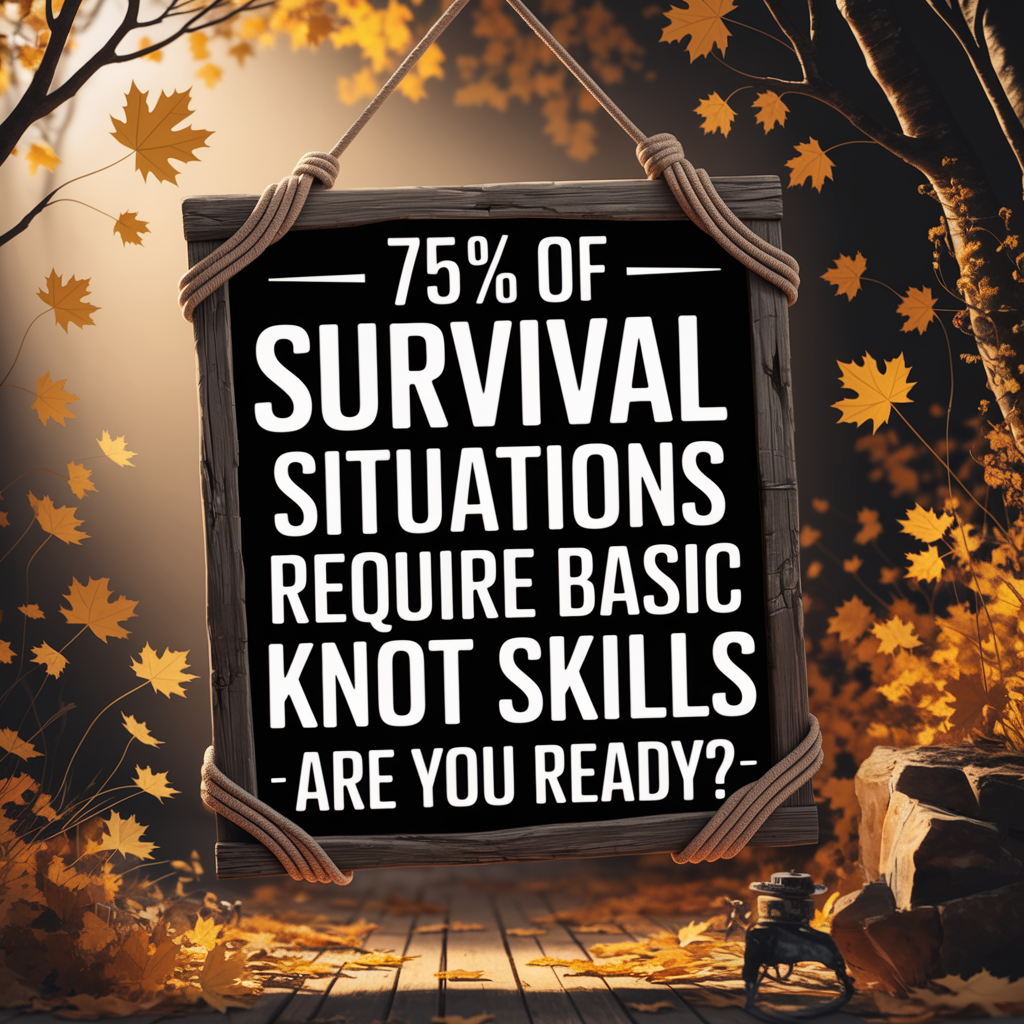
Best Books for Wilderness Skills I Still Re-Read
Some books hit so hard the first time, I end up going back to them over and over—especially when I want to refresh skills before a trip or just get in the right mindset. The best wilderness survival books aren’t the ones that just sit on a shelf—they’re the ones you keep reaching for.
Here are a few I’ve re-read more times than I can count:
1. Bushcraft 101
Every time I pick it up, I catch a new tip or remember a smarter way to do something. Whether it’s carving tools or fire setups, Bushcraft 101 keeps me grounded in the basics that actually matter.
2. SAS Survival Handbook
There’s no way I remember everything in this beast of a book, so I flip through it before heading out. From navigation tricks to trauma care, this guide is like a field refresher I rely on regularly.
3. The Prepper’s Survival Bible
If I’m working on home preps, water storage, or updating my long-term checklist, this one gets cracked open again and again. It’s a full-spectrum survival reference that doesn’t collect dust at my place.
These aren’t just books—they’re part of my training. I treat them like I treat fire-starting or shelter-building practice: repetition builds skill. Reading is learning, but reading and doing? That’s where real survival confidence starts.

Can Reading Really Prepare You to Survive in the Wilderness?
Short answer? Yes—but only if you treat books like blueprints, not magic wands.
When I started reading books on how to survive in the wilderness, I thought I’d magically be “ready.” I quickly learned that while the books gave me the knowledge, it was still up to me to put that knowledge into practice.
Books teach you how to:
- Think ahead instead of reacting in panic
- Understand your gear and how to use it properly
- Handle common survival situations like building shelter, finding water, or signaling for help
- Learn from others’ mistakes without having to make them yourself
But here’s the real deal—a book won’t keep you warm at night unless you’ve tried the skills it teaches. That’s why I read, then go outside and test. Whether it’s making a tin can stove or crafting a Crisco candle for power outages, it’s all about learning, applying, and repeating.
So yes—books can prepare you. But they’ll only save you if you let them push you into action.

Learn First—Then Get Out There and Try It
If you’re serious about getting into survival, don’t start with gear—start with the right books. A $12 guide can teach you more about staying alive than a $200 gadget you’ve never used. And the best part? You can study, practice, and grow your confidence from the comfort of home before ever stepping foot into the woods.
The best books on how to survive in the wilderness are the ones that make you want to get up, go outside, and try what you just read. They show you how to think clearly, adapt fast, and rely more on skills than stuff.
Here’s what I’d recommend if you’re just getting started:
- Bushcraft 101 for learning how to truly live off the land
- SAS Survival Handbook for deep, tactical knowledge and real-world wilderness prep
- The Prepper’s Survival Bible for a full crash course in modern prepping
- Navy SEAL’s Bug-In Guide if your plan is to shelter in place when things get rough
You don’t need to read all of them at once. Just pick one, start learning, and then put what you’ve learned to the test. Because the best way to survive in the wilderness is to train your mind before you ever depend on your hands.
As an Amazon Associate we earn from qualifying purchases through some links in our articles.
